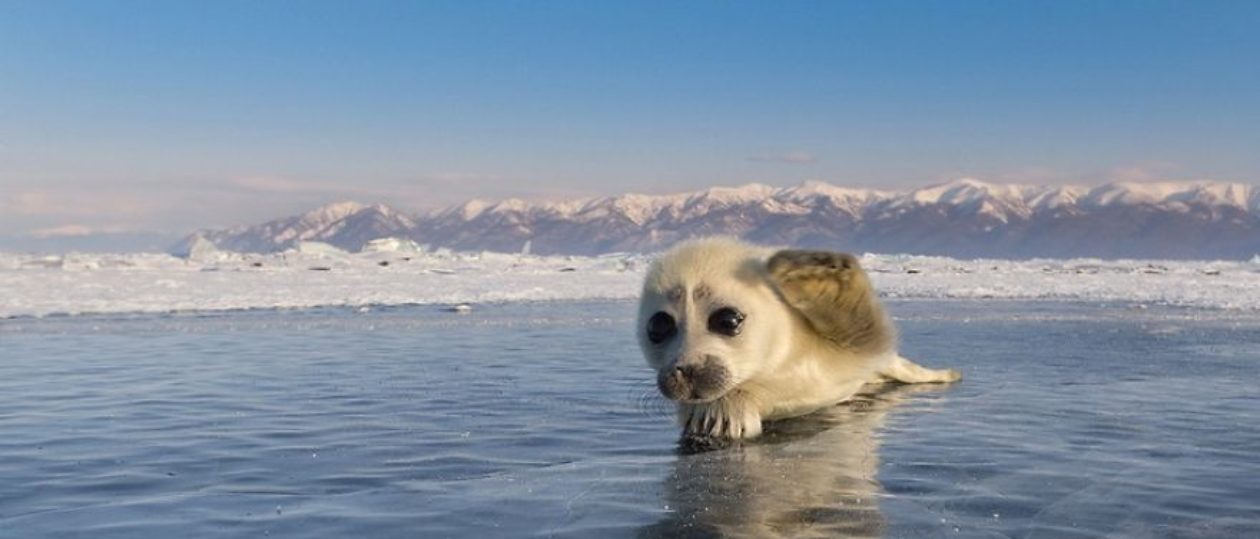Life can afford us many surprises, and I was fortunate to see this double rainbow. I hope this photo and the following lyrics bring a smile to your face. This is one of my favorite songs, the Rainbow Connection and was sung by Kermit the Frog and the Muppets.
“Someday we’ll find it
The rainbow connection
The lovers, the dreamers and me
La lala la lala la la la lala la la
Why are there so many
Songs about rainbows
And what’s on the other side
Rainbows are visions
They’re only illusions
And rainbows have nothing to hide
So we’ve been told and some chose to
Believe it
But I know they’re wrong wait and see
Someday we’ll find it
The Rainbow Connection
The lovers, the dreamers and me
Who said that every wish
Would be heard and answered
When wished on the morning star
Somebody thought of that
And someone believed it
And look what it’s done so far
What’s so amazing
That keeps us star gazing
What so we think we might see
Someday we’ll find it
That Rainbow Connection
The lovers the dreamers and me
Have you been fast asleep
And have you heard voices,
I’ve heard them calling my name
Is this the sweet sound that calls
The young sailors
The voice might be one and the same
I’ve heard it too many times to ignore it
It’s something that I’m supposed to be”










